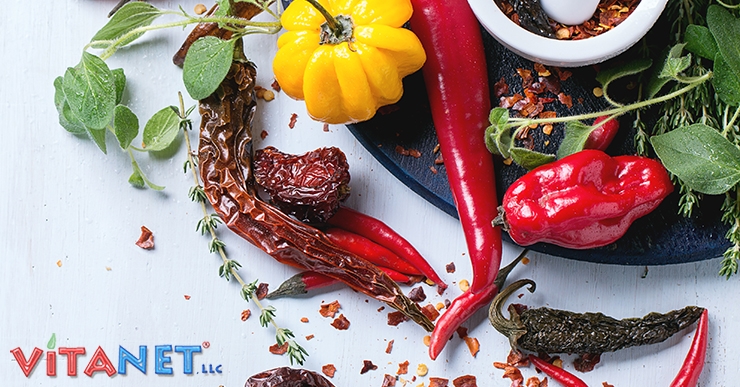The impact of glaucoma can be reduced by eating a diverse diet consisting of leafy green vegetables, fruits and other foods that have a high carotenoid content. Plenty of exercise and getting the proper amount of sleep also maximizes your health potential. Antioxidant supplements and vitamins are also helpful because part of glaucoma damage is associated with oxidative stress. To get more more specific details on this topic please read on to the complete article.
Key Takeaways:
- A recent study specifically suggests that diet that includes plenty of green, leafy vegetables may lower the risk of glaucoma.While good nutrition plays a role in disease prevention and overall health, it is not a treatment for glaucoma. Certain herbs such as ginkgo and bilberry may even increase the risk of bleeding with glaucoma surgery.
- fruits and vegetables — they are a primary source of carotenoids, which can have overall benefits for vision health. Certain fruits and vegetables with higher vitamin A and C content have been shown to reduce glaucoma risk as well
- Some of the most helpful fruits and vegetables for healthy vision are: collard greens, cabbage, kale, spinach, Brussels sprouts, celery, carrots, peaches, radishes, green beans, and beets.
“The best way to ensure that you’re getting all of your essential vitamins and minerals is to eat a balanced diet that includes fruits and vegetables — they are a primary source of carotenoids, which can have overall benefits for vision health. Certain fruits and vegetables with higher vitamin A and C content have been shown to reduce glaucoma risk as well. Some of the most helpful fruits and vegetables for healthy vision are: collard greens, cabbage, kale, spinach, Brussels sprouts, celery, carrots, peaches, radishes, green beans, and beets.”
https://www.sciencedaily.com/releases/2016/09/160914153220.htm

